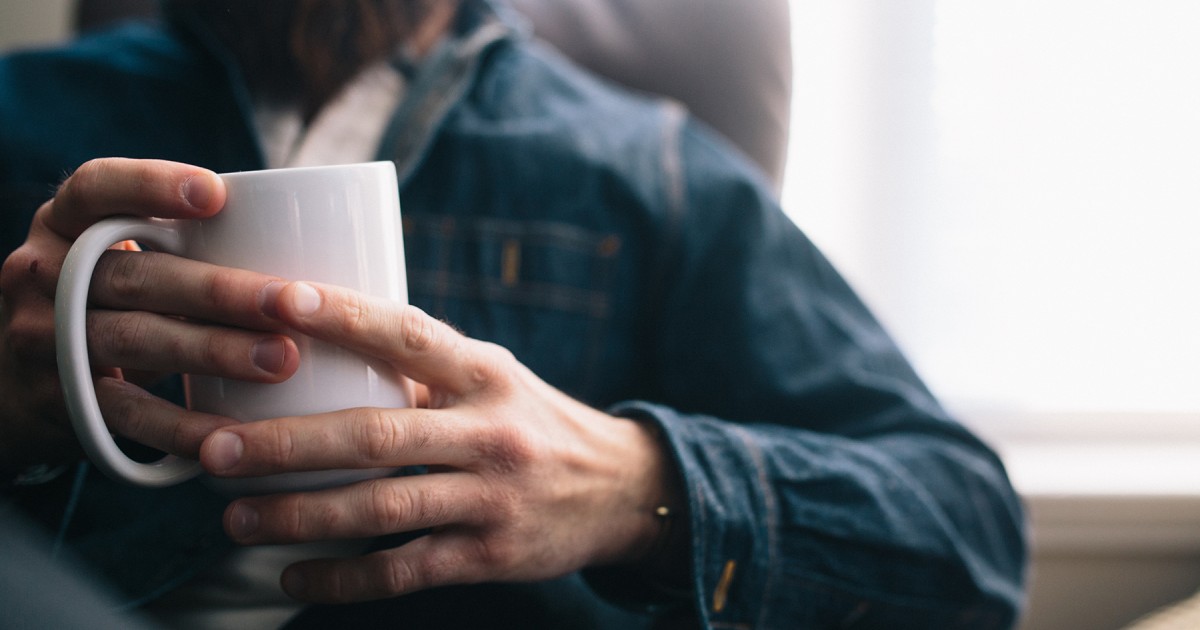
But if you have a predisposition to anxiety, that jitteriness can make you feel even more anxious.Įspecially for people already dealing with anxiety, “excess caffeine intake can contribute to increased anxiety and unease,” says Dr. It’s caffeine’s effect on your nervous system that produces the jitters. You can also make an appointment with your primary care doctor to get looked at if your symptoms aren’t too overwhelming (and don’t include dizziness) but are still worrying you.Īnd discuss your caffeine intake with a doctor if you have a pre-existing arrhythmia or seizure disorder, as caffeine can trigger these conditions. Dizziness can indicate your body is not pumping enough blood to your brain. So, if you have an irregular heartbeat, feel dizzy or faint, a visit to the emergency room is in order. And for most people this isn’t a problem.īut in anyone with a pre-existing heart condition (known or not), excessive caffeine can trigger fast and irregular heart rhythms, which could lead to sudden cardiac arrest. Cardiovascular symptoms, on the other hand, require vigilance.Ĭaffeine stimulates your heart rate and temporarily boosts your blood pressure. The good news is that most of these symptoms, unpleasant as they are, won’t endanger your life. “Symptoms of too much caffeine include restlessness, shakiness, rapid or irregular heartbeats, headache, irritability and insomnia,” says Dr. And it’s a big part of why you like it.Īside from that jittery leg, there are other signs of too much caffeine. That’s why it helps wake you up in the morning.

Because children weigh less, they’re more prone to its effects and should ingest much less caffeine - which means curbing their soda and chocolate intake. Something else to remember? The maximum dose of caffeine mentioned above is for adults. In Starbucks terms, we're saying a short (8 ounces) is one cup, a grande (16 ounces) would be two cups and a trenta (31 ounces) may give you some jitters. And remember, one cup is 8 ounces or about an average mug of coffee.

Which, though less than the recommended maximum daily caffeine consumption of 400mg (about 4 cups of coffee), is still a lot of caffeine, according to many experts. Beixin Julie He, a cardiac electrophysiologist at UW Medicine Heart Institute. “Most people’s caffeine intake is probably equivalent to about 1.5 to 2 cups of coffee per day,” says Dr.

That’s because your genetics, age, weight, tolerance and liver all play a role in how quickly you process caffeine. But now what? How much caffeine is too muchĮverybody metabolizes caffeine differently. Over-the-top coffee consumption is how you tolerate a day in the life. Your eyelid is twitching, your heart is going thumpa thumpa and your leg is doing the cha-cha. Maybe that espresso chaser wasn’t such a good idea after all. You were just trying to get the wake-up job done and now this.


 0 kommentar(er)
0 kommentar(er)
